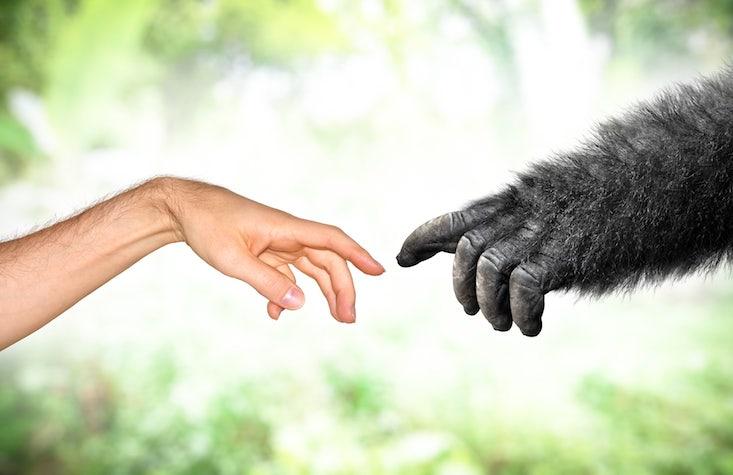My high school biology teacher, Mr. Whittington, put a framed picture of a primate ancestor in the front of his classroom—a place of reverence. In a deeply religious and conservative community in rural America, this was a radical act. Evolution, among the most well-supported scientific theories in human history, was then, and still is, deliberately censored from biological science education. But Whittington taught evolution unapologetically, as “the single best idea anybody ever had,” as the philosopher Dan Dennett described it. Whittington saw me looking at the primate in wonder one day and said, “Cristine, look at its hands. Now look at your hands. This is what common descent looks like.”
Evolution has shaped the human body, but it also shaped the human brain, so evolutionary principles are indispensable for understanding our psychology. Yet many students, teachers, and even social scientists struggle to see how our evolutionary history significantly shapes our cognition and behavior today. “Learning” and “culture” do not explain behavior so completely that turning to ideas from evolution is unnecessary. The lack of willingness to view human cognition and behavior as within the purview of evolutionary processes has prevented evolution from being fully integrated into the social science curriculum.





Be First to Comment